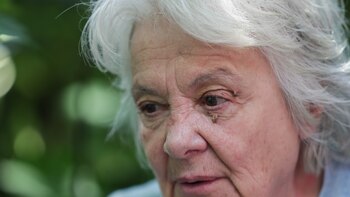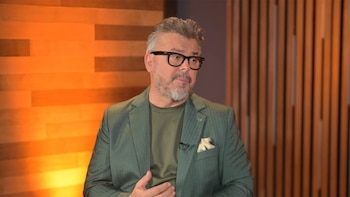
(ATR) Dilma Rousseff will officially open the 2016 Olympics in Rio de Janeiro.
Rousseff beat out opponent Aécio Neves in a runoff election Sunday to win re-election to the Brazilian presidency. She received 51.6% of the vote and will serve until December 31, 2018.
Rio 2016 declined to comment on the election result, and requests for comment from the Rio municipal government were not returned.
Commenting on the election, Vero Communications chairman Mike Lee told Around the Rings that the continuity will prove important for the Olympic project.
"I think it’s positive for Rio 2016," Lee told ATR.
"I think, at this moment, this continuity and the commitment that are in place and with no need for those to be viewed or revised, it’s a positive development for Rio 2016 at this stage."
The role of the Brazilian federal government is to coordinate with the appropriate ministerial positions and the Rio state government, as well as guarantee funding for the Olympic project.
"[President Rousseff] has come to know the Olympic world very well. She has met with on a number of occasions with President Bach, and she has good relationship with Carlos Nuzman and the leadership of Rio 2016."
IOC President Thomas Bach echoed statements of congratulations, saying the Rio Olympics will be the "highlight" of her second term.
"I would like to congratulate President Dilma Rousseff and wish her the very best for her second term,"President Bach said in a comment supplied to Around the Rings.
"We enjoy an excellent relationship, and the IOC will continue to cooperate closely with her and her government to make sure that these Games are a great success for Brazil, for the world, and for the entire Olympic Movement."
In the Rio de Janeiro state elections, state governor Luiz Fernando Pezão won re-election with 55.8% of the vote ensuring continuity at the state level. Rio de Janeiro Mayor Eduardo Paes won re-election through the end of 2016 two years ago.
Former IOC marketing head Michael Payne said on Twitter that he believes Dilma’s re-election could hurt marketing efforts for the Games.
"[The election] may be good for Olympic operations as ensures consistency," Payne said on Twitter on Monday.
"[It’s] not good for Olympic marketing as economy will now struggle."
After the election, Brazilian media reports focused on the "divide" Rousseff will need to heal after the country experienced its closest election since democratization in 1989.
"I urge, without exception, all Brazilians to unite in favor of the future of our country and our people," Rousseff said in her victory speech according to Rio de Janeiro-based newspaper O Globo.
"I do not think that these elections have divided the country in half. I understand that they mobilized ideas, emotions sometimes contradictory, but moved to a common sentiment: the quest for a better future for the country."
Written by Aaron Bauer
20 Years at #1: Your best source of news about the Olympics is AroundTheRings.com, for subscribers only.
Últimas Noticias
Sinner-Alcaraz, the duel that came to succeed the three phenomenons
Table tennis: Brazil’s Bruna Costa Alexandre will be Olympic and Paralympic in Paris 2024

Rugby 7s: the best player of 2023 would only play the medal match in Paris

Rhonex Kipruto, owner of the world record for the 10000 meters on the road, was suspended for six years

Katie Ledecky spoke about doping Chinese swimmers: “It’s difficult to go to Paris knowing that we’re going to compete with some of these athletes”




